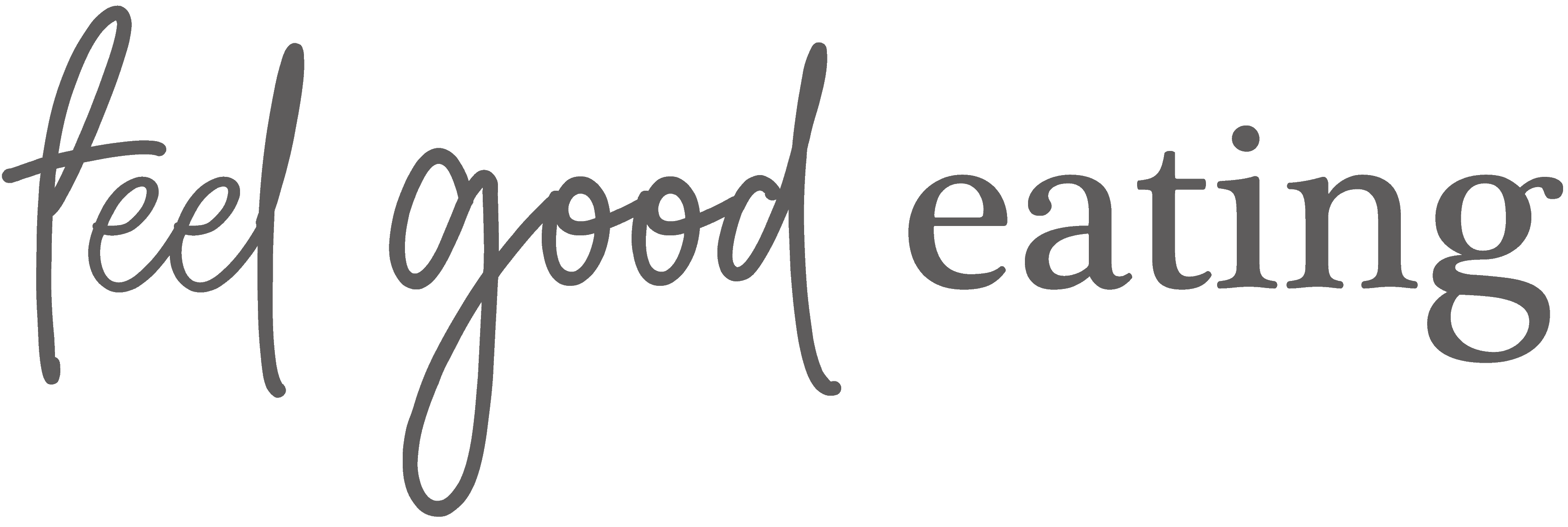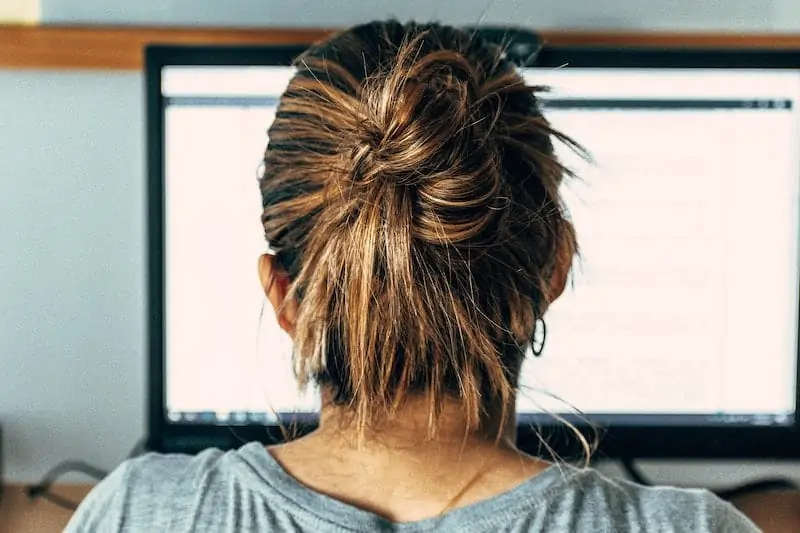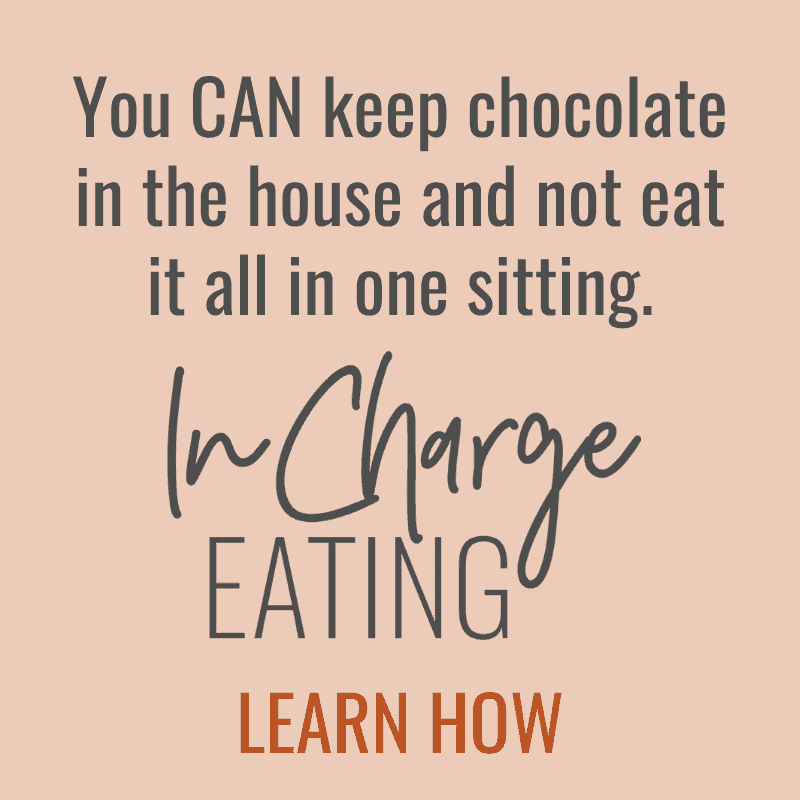Nighttime is one of the most common times of the day for people to experience binge eating.
But why is that?
Let’s take a look at what leaves people vulnerable to binge eating before bed and what you can do to stop binge eating at night.
Binge eating at night or Night Eating Syndrome?
Binge eating is widely understood as eating large amounts of food in a short period of time in a way that feels out of control. And the Diagnostic and Statistical Manual of Mental Disorders 5 (DSM-5) has specific criteria for when binge eating becomes binge eating disorder.
But a less well-known eating disorder is Night Eating Syndrome. Night Eating Syndrome is currently classified as an Other Specified Feeding and Eating Disorder (OSFED) in the DSM-5.
The diagnostic criteria for Night Eating Syndrome in the DSM-5 are:
“Recurrent episodes of night eating, as manifested by eating after awakening from sleep or by excessive food consumption after the evening meal. There is awareness of recall of the eating. The night eating is not better explained by external influences such as changes in the individual’s sleep-wake cycle or by local social norms. The night eating causes significant distress and/or impairment in functioning. The disordered pattern of eating is not better explained by binge-eating disorder and or another mental disorder, including substance use, and is not attributable to another medical disorder or to an effect of medication”
For an in-depth look at what is considered a binge versus binge eating disorder, overeating and emotional eating, head over to this article.
The rest of this article is focussing on binge eating and overeating at night.
What causes binge eating at night?
Several factors can leave you vulnerable to binge eating at night.
Not eating enough during the day
As much as diet culture tries to tell us otherwise, we do need to eat a decent amount of food during the day; every day.
Not getting enough to eat during the day causes your body to go into threat mode (after all, food is essential for our survival, so it is going to put up a fight!), seizing the opportunity when you eat in the evening, to catch up on what it missed out on during the day.
It’s important to emphasize that eating that feels ‘bingey’ in the evening (ravenous hunger, urgency, eating quickly, eating past the point of fullness) off the back of not getting enough to eat during the day is a normal, biological response. It has no bearing on your character or worthiness and is a biological response that can be very liberating to normalise.
P.S. your body doesn’t discriminate. It will swing into threat mode if you don’t get enough to eat whether that be due to actively restricting your intake or whether it has been inadvertent or ‘by accident’ (e.g. because you woke up late and didn’t have time for breakfast, or had a meeting when you would normally eat your lunch).
Applying restraint during the day
Daytime restraint shows up as having certain foods that are not allowed to be eaten during the day. Along with certain foods that are saved for, or classified as ‘home’ foods or ‘treat’ foods or ‘wind down’ foods.
Restraint in the form of food rules in the same way as not getting enough to eat also pushes us to eat any ‘off limits’ foods to excess in the evening.
Applying restraint in the evening
In the evenings’ restraint might look and sound like:
- The ‘kitchen is closed’ after a certain time
- Dessert or an after dinner snack is not allowed
- Or, if there is permission to eat after dinner, there is a lot of pressure applied to make the snack or dessert a ‘healthy’ one, e.g. making yourself eat yoghurt when what you actually want is ice cream.
Your ‘toolkit’ only contains food
Let me first say this: it is normal to use food to soothe and comfort.
But where your ‘toolkit’ of coping strategies for things like boredom, loneliness or distracting from the pressures and stresses of your day only contains food, it does make it tricky to do anything else but eat when those uncomfortable emotions show up in the evening.
Only having food as your outlet for pleasure
So many of my clients talk about craving ‘me time’. They wait all day for their downtime and once they finally get there, they notice there is an incredible drive for food to provide the release, escape, pleasure and reward from their day.
P.S. Like using food to cope with uncomfortable emotions, there is nothing wrong with using food as a source of pleasure.
You’re tired!
Just like your body is designed to send you signals about hunger and fullness, it will also send signals that it needs rest. However, if you push past them to keep working, or watch another episode, your body will try to accommodate and send you seeking food to give you an energy boost.
And, if you are a night owl and there is a big gap between eating dinner and going to bed, you will naturally get hungry again.
How to stop binge eating at night
Now that you have a better idea of what might be leaving you vulnerable to binge eating at night, let’s have a look at things you might like to do to help reduce or stop binge eating at night.
Eat regularly across your day
Eating regularly typically looks like having three meals and two to three snacks every day that are spaced out at regular intervals (every three-four hours) so that there aren’t big gaps between when your body receives food.
Give yourself permission to eat all foods at any time of day
Remove that ‘day food’ and ‘night food’ dichotomy that creates the urge to binge, by giving yourself permission to eat all types of foods at any time of the day.
Give yourself permission to have dessert or a snack after dinner
It is very reasonable to eat again after dinner and is actually really important that you do so if you do go to bed late and there is a big gap between your last meal and bed. So, give yourself permission to nourish your body with whatever delicious food you feel like.
Build out your toolkit
Your toolkit always needs to have food in it, but ask any tradie and they will tell you that a toolkit that only contains one tool is not super effective or productive. Building out your toolkit so that you have other options to choose from when you are feeling uncomfortable emotions is a real act of self-care.
If you are looking for guidance on setting up a bountiful toolkit to help you feel more in charge of your eating, you might like my online program In Charge Eating. For support processing emotions and creating supportive coping strategies, you may like to consider working with a counsellor or psychologist.
Get acquainted with other things that help you unwind or bring pleasure
Dancing, cross-stitch, yoga (particularly savasana pose or restorative yoga), stretching, boxing, crocheting, baking, gardening, being in nature, playing with a pet…the list of things you might find pleasurable and relaxing is endless. Get acquainted with other things that make you feel good, and do them! You are allowed to experience pleasure.
And in addition to this, try to not leave time for yourself as the very last thing in your day. Get curious about ways that you can prioritise time for yourself earlier in the day (or multiple times a day).
Look at your sleep routine
I am sure you know that restful sleep is incredibly important for our wellbeing, but I know sometimes that is easier said than done. For some ideas to set up a restorative sleep routine check out this article from Inner Melbourne Clinical Psychology.
Eat breakfast the next day
Even if you have binged the night before, you still need to eat breakfast. I suspect you might not want to because you feel overfull, but skipping breakfast after a binge sets up your day to perpetuate the restriction and binging that you cycle through every day. This article has a bunch more ideas on what to do after a binge.



 Hi! My name is Nina.
I’m a Certified Intuitive Eating Counsellor taking the ‘diet’ out of Dietitian. I am here to help you reject diet culture, tune into your body’s own inner wisdom about how to truly nourish yourself and ultimately feel good eating™
Hi! My name is Nina.
I’m a Certified Intuitive Eating Counsellor taking the ‘diet’ out of Dietitian. I am here to help you reject diet culture, tune into your body’s own inner wisdom about how to truly nourish yourself and ultimately feel good eating™ 
